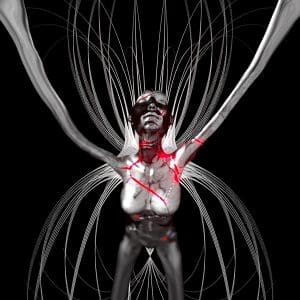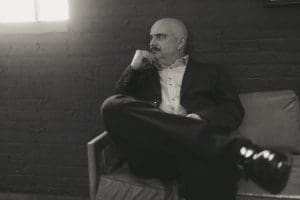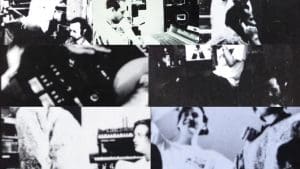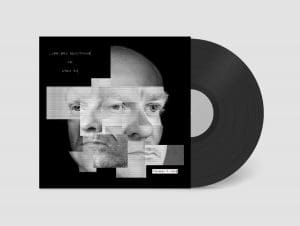Hungarian Singer, Diana Petkovics, Blends Portuguese Fado With Hungarian Folk Music in her Latest Project, Fadhúngaro
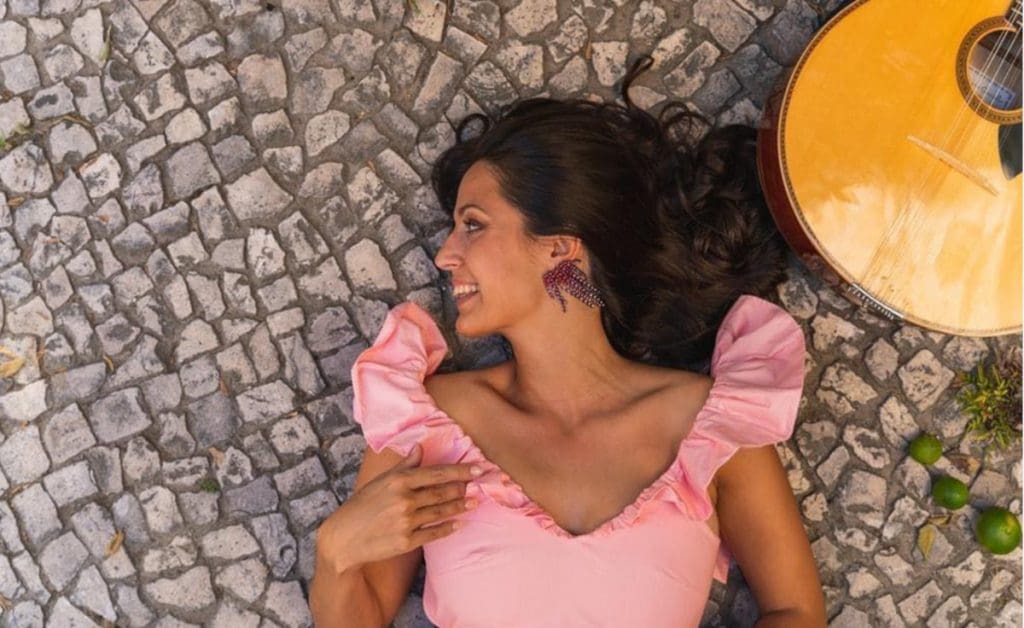

Fado is Portuguese, but the pain and lament fado expresses is universal. This is the guiding philosophy behind singer Diana Petkovics’ latest project, Fadhúngaro.
Fadhúngaro aims to connect two distinct cultures, bring fado to other countries that might, otherwise, not be receptive to it, and explore the depth and rich rhythmic heritage of Hungarian music.
She has also introduced Portuguese audiences to her native Hungarian folk music as she includes traditional Hungarian songs in her sets at the fado cafés in Lisbon where she performs.
Diana Petkovics is always looking to explore the music of different cultures. Be it pop, jazz, bossa nova, folk, fado, or other, Diana adds her own unique personality to the music she interprets, all the while respecting the cultural heritage from which it was born.
You can check out clips from her live performances here.
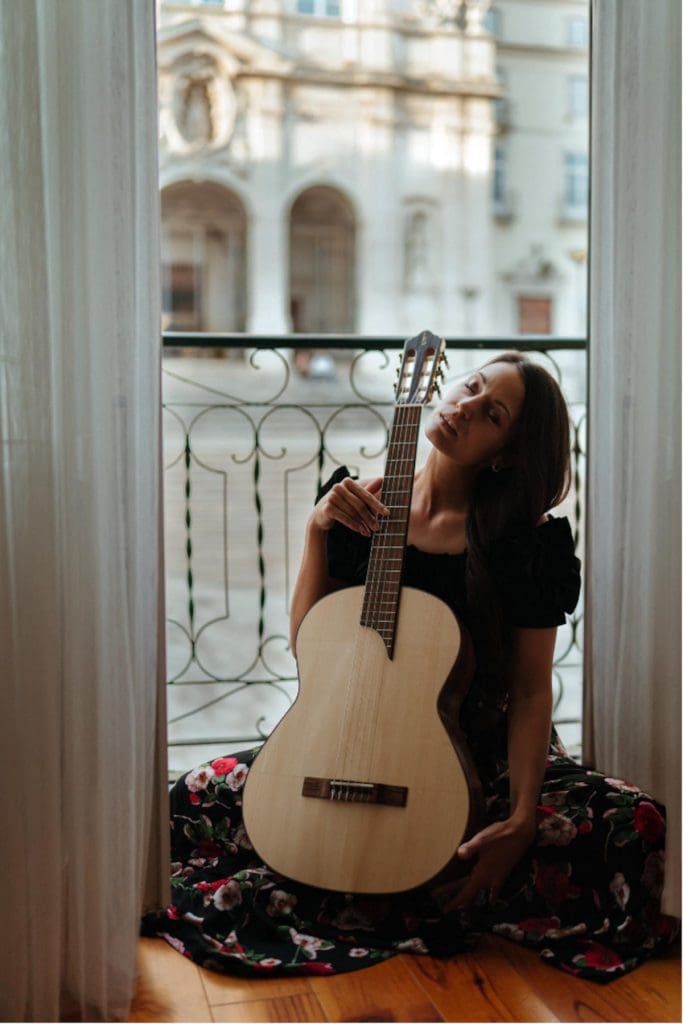

Diana Petkovics comes from a simple family from a small village in the northeast of Hungary. Traditional Hungarian folk music was an important part of her upbringing, but so was adventure, curiosity, and the need to explore other cultures and others forms of creative expression.
At the age of 29, she set out for Portugal. She wasn’t looking to make a career change at 30. In fact, she was only planning to stay for a few days. Four years later, Diana is still in Lisbon, performing in the famed fado cafés of Alfama.
“It was as if a red carpet had been laid out for me in Lisbon,” she says.
With no planning or any expectations, only hours after her arrival in Portugal she found herself on stage signing in a popular fado bar.
“It all felt like destiny,” she says.
Now, four years since embarking on what was supposed to be a long weekend trip to Portugal, she has returned to Hungary – not to stay, but rather to give concerts in the Hungarian capital, Budapest, accompanied by guitarists Luís Guimarães and Hélder Machado.
When it comes to career goals and how to define them, Diana remains zen, preferring to focus on the music. She’ll let the rhythms and the melodies take her to where they wish to take her. It’s been a beautiful journey thus far.
Diana Petkovics invites us to a world without borders – where we can find the similarities that unite us while we celebrate the differences that make us each unique.
Since you’re here …
… we have a small favour to ask. More people are reading Side-Line Magazine than ever but advertising revenues across the media are falling fast. Unlike many news organisations, we haven’t put up a paywall – we want to keep our journalism as open as we can - and we refuse to add annoying advertising. So you can see why we need to ask for your help.
Side-Line’s independent journalism takes a lot of time, money and hard work to produce. But we do it because we want to push the artists we like and who are equally fighting to survive.
If everyone who reads our reporting, who likes it, helps fund it, our future would be much more secure. For as little as 5 US$, you can support Side-Line Magazine – and it only takes a minute. Thank you.
The donations are safely powered by Paypal.





